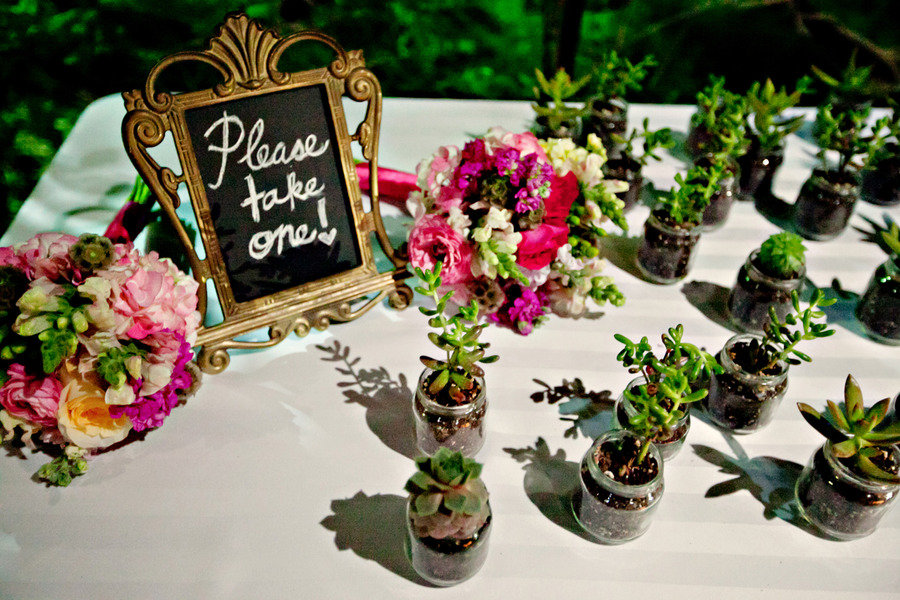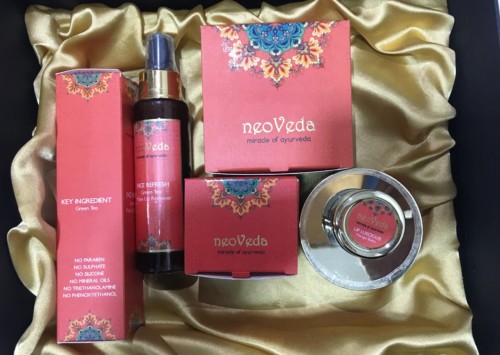Indian weddings going the sustainable way
Indian weddings are generally associated with a series of festivities full of glitz, glamour and grandeur. While some couples still want a fairytale wedding like those from a Yash Raj movie, the new generation is moving towards subtler intimate ceremonies and eco-friendly options.
A wedding ceremony in India is no less than a festive occasion, celebrated with extensive decoration, colours, music, dance, costumes and rituals along with family and friends (and associates, which may sometimes end up including people you haven’t ever met!). The wedding scene has long been influenced by Bollywood movies and the couples end up planning their fairytale weddings that flaunt extravagant sets. Sometimes the wedding becomes more a symbol of wealth and status rather than the new relations being formed. People end up misusing not only their money but also negatively affect the ecosystem. The recent big fat NRI wedding at Auli, a hill station in the north Indian state of Uttarakhand, saw over 326 quintal of wastes being collected from the marriage venue after a massive five-day affair, where two scions of the Gupta family, the controversial industrialists from South Africa, were married, is a glaring example of the same.
Every year more than 10 million weddings take place in India and the Indian wedding market is estimated at USD 50 billion, the world’s second-largest, after the US market and is growing at an estimated rate of 20 pc a year, as reported by an Indian media. The report also mentions that an average Indian spends an estimated one-fifth of their wealth accumulated in a lifetime on weddings.
However, recently there has been a shift towards a more intimate destination wedding. There are some who are also opting for sustainable and eco-friendly methods to reduce the carbon footprints while enjoying the sacred moment. With the new innovative wedding planners coming into the scene, here are a few ways Indian couples can adopt for a sustainable wedding.
Zero-waste weddings
Starting from the invites to the decor, all the materials used are chosen on the basis of how much less waste would be generated like using less fresh flowers for decor, sending e-invites or invitation cards made of recycled paper or seed paper, reducing the use of disposable cutlery and replacing them with steel ones, instead. The return gifts or favours for the guests are also changing in nature as they now comprise of plant saplings, seeds, steel straws, non-toxic toiletries, chemical-free makeup and organic clothing.
The wedding planners also tie up with different non-profit associations where they distribute the leftover food to those in need instead of disposing them. Srishti Jain, the co-founder of Feeding India has served over 20 million people in the last five years with the food collected from various hi-profile weddings across 75 cities in India. “About one-fifth of the food served at weddings and social gatherings is discarded. At the same time, thousands of Indians sleep hungry every night. We have been collecting food for a long time. We wanted to be very specific and wanted to ensure that every wedding season we target the maximum number of events,” said Srishti.
Even the bridal costume and jewellery scene has seen a change. The newer generation knows that they are probably not going to wear those again and so the brides are now choosing to don the legacy of their mother or grandmother on her special day—the very same saree that the matriarchs had worn for their weddings years ago!
At a recent conference on wedding, Ratna Chadha, CEO of Tirun, a leading cruise brand, while promoting cruise as a destination for wedding, also iterated the issue of no wastage in weddings. She highlighted that the decorations on the cruise are mostly done with fabrics that can be reused.
Recycling the floral wastes
Flowers that are considered an essential part of every wedding also lead to heaps of floral waste. HelpUsGreen, an initiative by Ankit Agarwal from Kanpur, collects these waste flowers from weddings across India and handcrafts them into charcoal-free incense sticks, organic vermicompost and biodegradable packaging material through flower recycling technology.
“We generally collect seven tonnes of flowers from all the religious places, but we were contacted by a family from Kolkata in 2017 to collect their flowers and reuse them. We gave them our ready incenses and they gave us almost 500 kg waste flowers,” said Ankit. So far, he has catered more than 15 weddings and according to him, he connects only with clients who are eco-conscious. His initiative not only helps stop the flower waste from going to landfill and waterways but is also helping women with livelihoods in Kanpur, Tirupati and Andhra Pradesh.













